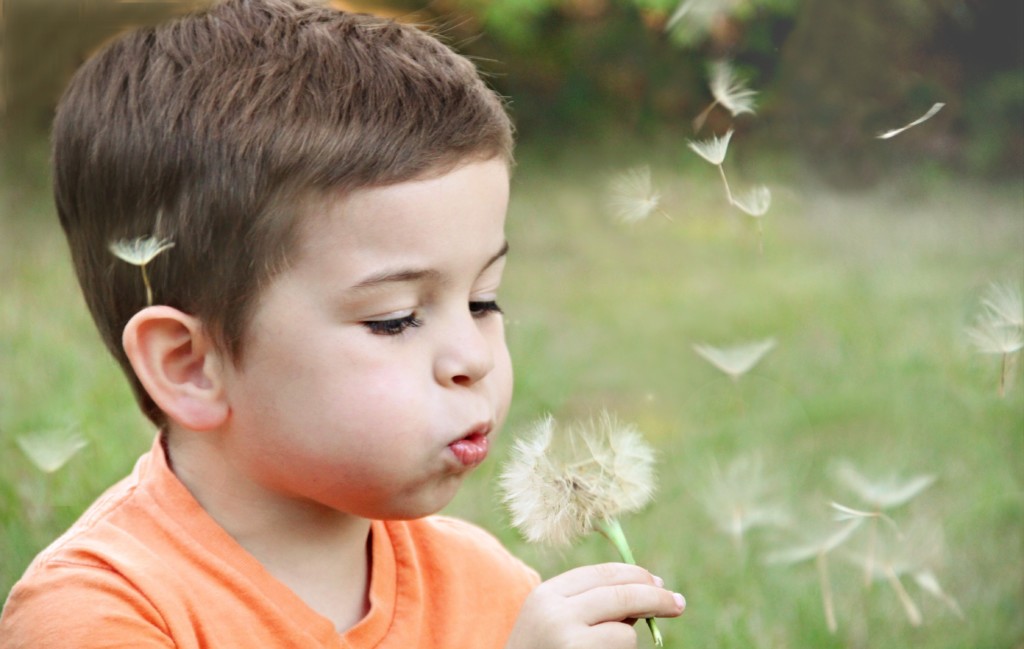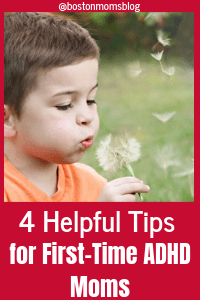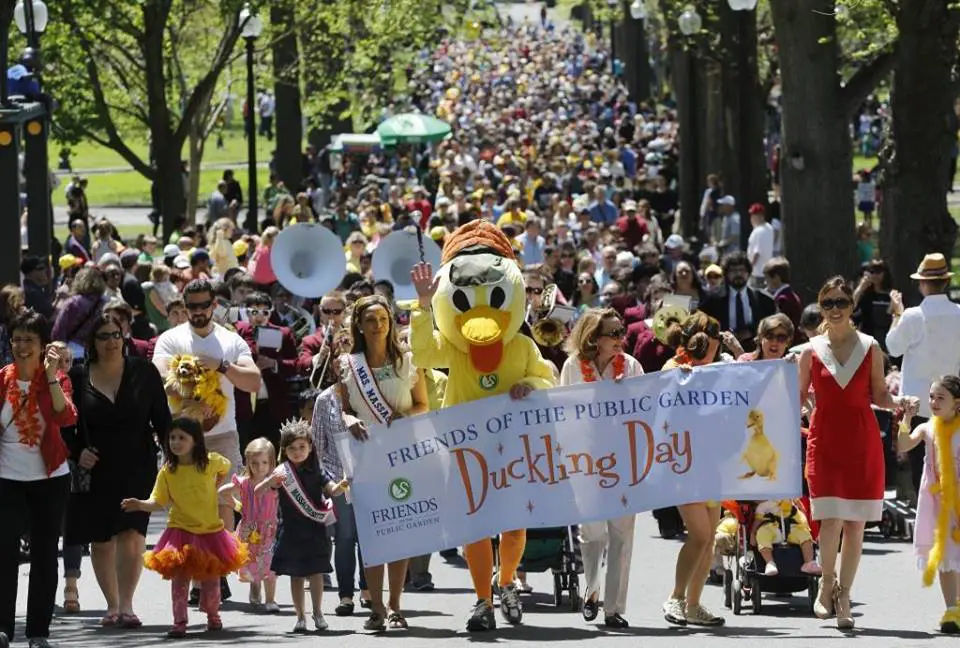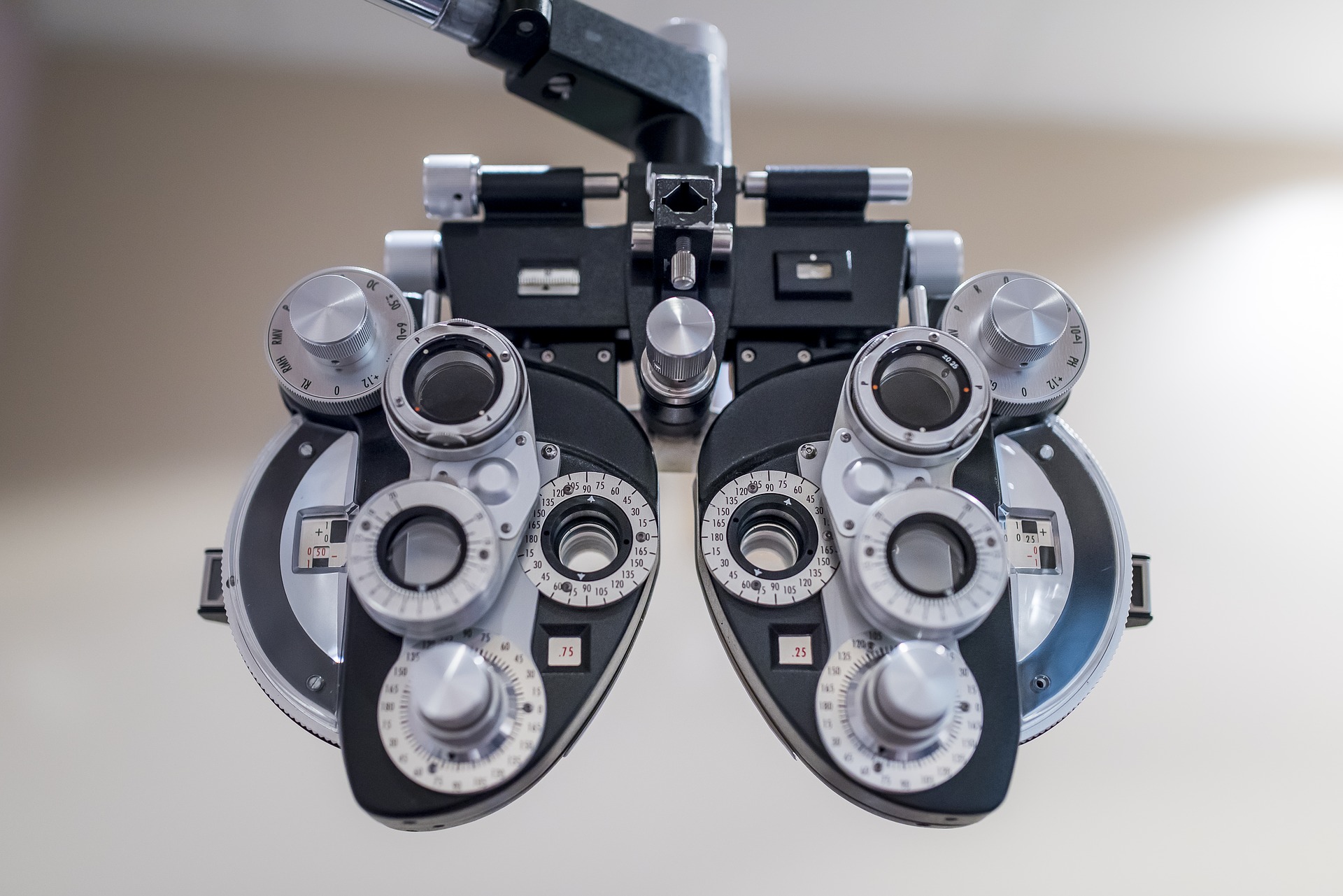
Life with a toddler can be a roller coaster. And life with a toddler diagnosed with ADHD? That’s a whole different story. My son was diagnosed over two years ago, and there is SO much I would tell a first-timer who has a very young child suffering from ADHD. I always find it helpful to hear others’ motherhood experiences, so today I am sharing four tips for first-time ADHD moms of young children.
1. Trust your gut
Some believe ADHD diagnoses in toddlers are too early and not accurate. But if you visit a specialist early on, it will help ease your mind as well as get immediate help for your child.
When my son turned 2, I knew something was off. He was overly hyperactive. Other moms would tell me, “He’s a boy and he’s 2 — what do you expect?” They just didn’t understand. ADHD toddler moms have a different perspective. If my son and I weren’t on the go, doing activity after activity, he could not calm down. He wasn’t that toddler you could sit down and do crafts with. Even during screen time, he had to be holding something and walking around. And that is still true today. I just knew there was something going on.
2. Lend compassion when you experience tough behavior (and encourage others to do the same)
You would be surprised at how many people don’t believe young children can even have ADHD. Some will say, “Oh, he is still too young — he isn’t fully developed.” It’s actually become more common than many think. Because so many people aren’t informed about ADHD in little ones, things like public temper tantrums can be extra stressful for ADHD moms. My son gets very sensitive when it comes to dining out, for example. His brain doesn’t realize he is hungry until it’s too late. So while some kids might have no problem saying, “Mom, I’m hungry” while they’re waiting for their food, my son will throw a full-on tantrum. (For this ADHD mom, keeping snacks on hand is key!) Some parents never experience these types of tantrums — we’d all benefit if everyone kept in mind the fact that tantrums are often totally out of the parents’ control.
3. Seek help when you need it
My mother-in-law tells me stories of my brother-in-law, who had ADHD growing up but didn’t receive the proper support from the public school system. Both my son’s pediatrician and a home-based daycare complained about how hyperactive my son was — without offering solutions. So it was a godsend when an in-home daycare through Catholic Charities recommended Early Intervention.
They didn’t see a huge problem with him and his behavior; instead, they recommended a more classroom-structured setting to help him. Because Early Intervention services end when a child turns 3, specialists referred us to the public schools to be evaluated for an IEP. Soon after, his pediatrician recommended him to a pediatric neurologist. The pedi-neurologist confirmed the suggestion for more structure but did not recommend medication. She wrote a letter similar to the IEP, which has helped tremendously. Advocate for yourself and your child. Seek help, even when you’re not feeling supported by the system.
4. Create small goals for yourself and your child
Having a child with ADHD can feel daunting and lonely at times. Some days I feel like I’m at my wits end; other days, I sit and look at my son and realize he’s struggling too. So we take things one step at a time. Taking small steps to try to understand your children and their struggles will help you — and them — in the long run. Take it one day at a time.














